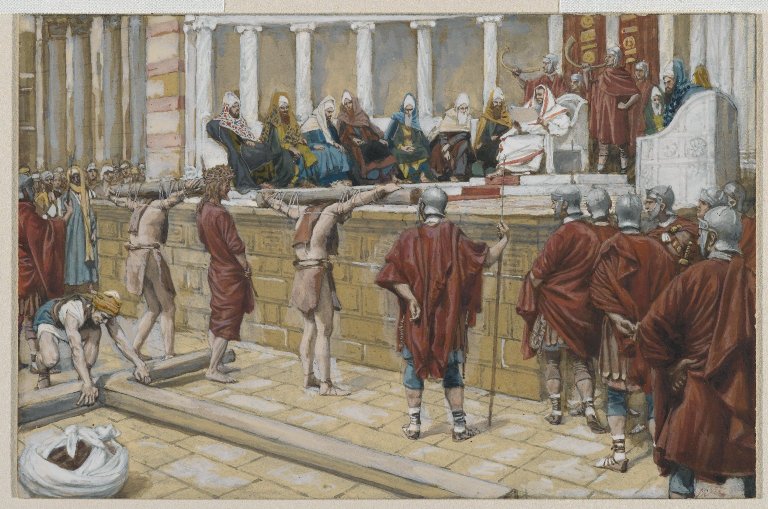Luke 15:8–9 (ESV)
“Or what woman, having ten silver coins, if she loses one coin, does not light a lamp and sweep the house and seek diligently until she finds it? And when she has found it, she calls together her friends and neighbors, saying, ‘Rejoice with me, for I have found the coin that I had lost.’”
Introduction: A Parable of Great Significance
Jesus often used parables—simple, everyday stories—to convey profound spiritual truths. The parable of the woman who lost one coin out of ten is no exception. While it primarily illustrates the joy in heaven over one sinner who repents (Luke 15:10), today we will also reflect on it through a practical and relational lens—especially as it relates to the responsibility and influence of women within their homes and communities.
Why a Woman? Why the Home?
It is no accident that Jesus chose a woman as the central figure of this parable. Unlike the previous parable of the lost sheep—where a shepherd leaves ninety-nine to find one—this story is set within the home. Biblically and culturally, the woman represents the heart and keeper of the home. Proverbs 14:1 (ESV) says:
“The wisest of women builds her house, but folly with her own hands tears it down.”
Here, the house is not just a building—it represents the family, the relationships, the environment, and the values that dwell within. This parable, then, is deeply symbolic of a woman’s calling to steward her household with wisdom and spiritual sensitivity.
The Ten Coins: What Do They Represent?
The ten silver coins in the parable could represent things of value entrusted to the woman: her children, her marriage, her relationships, her virtue, her peace, her faith, or even her influence in the lives of others. Losing one coin signifies a noticeable void—perhaps one child has gone astray, a relationship is fractured, or peace in the home has been disrupted. But notice this: she does not give up. She does not say, “I still have nine coins; one less won’t matter.” Instead, she begins a deliberate process to recover what was lost.
Three Key Steps: A Blueprint for Restoration
-
She Lights a Lamp
This is the first and most essential step. Before she could search for anything, she needed light. Spiritually, this means inviting Jesus—the Light of the World (John 8:12)—into our homes and lives. Without His light, we cannot see what is truly lost, or even recognize the mess around us. -
She Sweeps the House
Once the light reveals the condition of the home, the woman begins to clean. Spiritually, this speaks of repentance, cleansing, and reordering our priorities. Often, God won’t reveal the path to recovery until we’ve dealt with the disorder in our own hearts and homes. Just like the woman couldn’t find the coin among the dirt and clutter, we too may not be able to identify our spiritual loss without first addressing what’s spiritually out of place. -
She Searches Diligently
After restoring order, she then searches with intention and determination. This is a picture of persistent prayer, loving pursuit, and faithful ministry. Whether it’s a wayward child, a struggling marriage, or a loss of spiritual fervor—once the home is lit and cleansed, the search for restoration becomes fruitful.
The Celebration: Restoration is Worth Rejoicing Over
When she finally finds the coin, she doesn’t keep it to herself—she gathers her friends and neighbors and shares her joy. This reflects the heart of God, who rejoices over one sinner who repents (Luke 15:10). Restoration, whether personal or familial, is a reason for communal joy and testimony.
A Call to Women: Stand in Your God-Given Role
This parable isn’t just about one woman’s diligence—it’s a call to all women to recognize the power and purpose they hold within their families. When a woman takes her spiritual role seriously—inviting Christ in, cleansing her home spiritually, and seeking restoration—she becomes an agent of transformation. A woman who stands firm in faith can hold a household together, mend broken relationships, and guide others toward the light of Christ.
Too often, when problems arise—like rebellion in children, broken marriages, or disorder in the home—many look first to external solutions: therapists, traditional healers, or worldly advice. But true restoration begins by inviting the true Light into the home—Jesus Christ. From there, transformation flows.
Conclusion: God Honors Diligence and Faith
No matter what you’ve lost—whether it’s a child’s obedience, peace in your marriage, joy in your heart, or spiritual fire—God gives us a path to restoration. Invite His light, clean your spiritual house, and then seek diligently. Your efforts are not in vain. Like the woman in the parable, your perseverance will lead to joy, and your testimony will encourage others.
Sister, mother, daughter—stand in your calling. If you stand, your household will stand.
And when the lost is found, heaven will rejoice with you.
God bless you.
Shalom.








